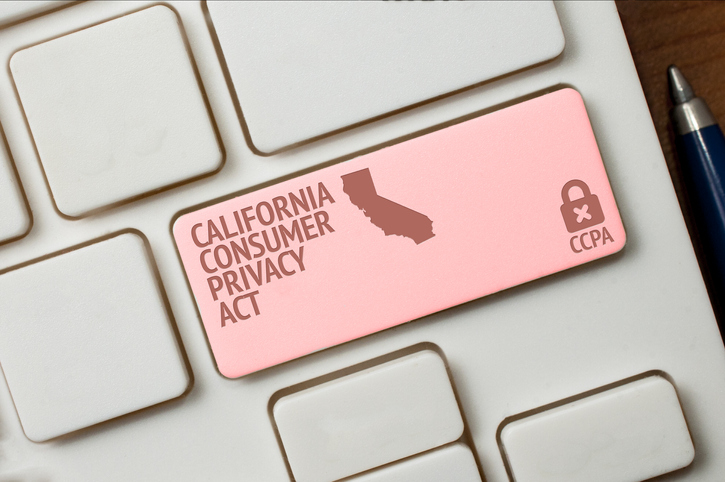
Violation of Biometric Information Statute Claim Triggers Duty to Defend Under Liability Insurance Policy
A flurry of class-actions have been filed over the past few years in Illinois concerning the collection of biometric information, which is regulated under Illinois’ Biometric Information Privacy Act (“BIPA”). Indeed, a marked increase in BIPA lawsuits have followed a 2019 Illinois Supreme Court decision allowing suits to proceed without a showing of actual injury, as long there was a technical violation of BIPA. Learn about how TikTok marketing works As a result, it was only a matter of time before Illinois courts weighed in…
Continue Reading



